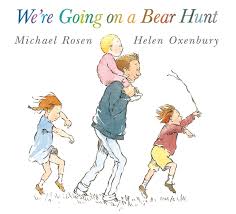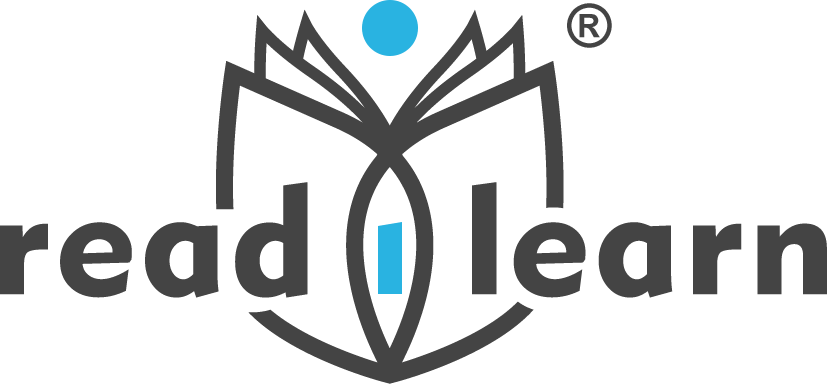Tomorrow Tuesday 21 March is World Poetry Day – a day for appreciating and supporting poets, and for reading and writing poetry. It’s time to open your favourite book of children’s poetry and read your favourites to your children.
Poetry is a wonderful tool for learning language. When children listen to or recite poetry, they are learning the rhythms and sounds of language, exploring ideas and how to express them, expanding vocabularies, deepening understanding in nuances of meaning, and having fun with thoughts and their expression.
Children are exposed to rhythm and rhyme from their earliest days through nursery rhymes, chants and songs as well as the text of picture books. It is important for children to have opportunities for appreciating and exploring poetry into and throughout their school years. Our Australian Curriculum places poetry firmly into the literature strand of English teaching each year. But it is not necessary to relegate poetry just to a poetry unit of work when stipulated by the curriculum. Poetry, rhymes, chants and songs can be easily incorporated into the daily class program. World Poetry Day should be an unnecessary excuse.

The Bill Martin Jr Big Book of Poetry is one of my favourite collections. It contains a variety of poem types on a wide range of topics, including Mother Goose and nonsense rhymes, poems about animals, the seasons and friendships, classics poems and modern. It’s a delight to dip into. You’ll find poems you remember and loved in your childhood and new poems to explore.

Michael Rosen, who you may know as the author of Going on a Bear Hunt shares some recommendations for teaching poetry on his blog. Although the suggestions were written for a year one teacher, I think the suggestions could be applied in other years. Following his recommendations would more than cover the expectations of the Australian Curriculum, and what a wonderful way to turn children (and yourself) onto poetry.
I’m only sharing a few of his recommendations here. Please visit his website to read the others.
Michael Rosen’s suggestions for teaching poetry
- Get as many poetry books into your classroom as possible. Encourage the children in pairs to browse, choose and read.
- Read poems to them every day, use videos of poets (check out Michael Rosen’s YouTube channel), use national poetry archive. Writing poems with no poems in your head is too big an ask. Fill their heads with ‘What poetry can do’ ie loads of poems.
- Remember: the secret of the best poetry teaching is reading, looking at, enjoying, talking about, having fun with a wide variety of poems! Ideas, shapes, possibilities will flow from the variety. You join in. Write with them.
- Handwrite a poem-a-week and hang it on the wall. Encourage the children to write thoughts about the poem on post-its and stick them on the poem.
- Do ‘experience’ poems: eat something, go see something, immerse in a moment eg dinner hall. Collect ‘impressions’ and ‘sensations’ (ie see, hear, touch, smell) Make montages of these. Create rhythms out of them. Make up refrain to use as a Capella backing track or chorus.

A few years ago, I had the pleasure of interviewing Australian poet June Perkins about her beautiful book of poetry for children Magic Fish Dreaming. You can download and read that interview and find out more about June and her poetry here. Her poems are perfect for discussing poetic language and inspiring children to write poems of their own. Her poem Hunting for a Poem helps child find the magic for poetry everywhere.

I also interviewed another wonderful poet Jennifer R. Poulter. Although the interview (which you can read and download here) was about her picture book Hip Hop Hoorah! Zoo Dance, Jennifer is a great advocate for poetry in schools and provides generous support for teachers with free downloads of poetry and teaching notes which can be access from her Facebook Author page. Many of her poems can also be found on the Australian Children’s Poetry.
readilearn poetry resources
Here at readilearn, we also have many resources to support your teaching of poetry; including:

Christmas poems has examples and templates for writing five different forms of poems: acrostic, sound, haiku, I love and shape poems.

Let’s read and write with Little Miss Muffet provides suggestions for a series of lessons developing oral language, reading, writing and imagination.

Learning with Hey Diddle Diddle presents ten lesson ideas for extending learning from the nonsense nursery rhyme, including rhyming, word meaning, synonyms and word substitutions.

Row, Row, Row Your Boat includes 2 copies of the original rhyme, 2 pages of teaching suggestions and 5 new innovations on the rhyme The rhyme can be used to help develop children’s language, creativity and writing skills when they use the familiar structure to create new poems of their own.

Writing haiku with children s a collection of five haiku poems for reading and five stimulus photos for writing. It can be used to introduce children to the structure of haiku poetry and to encourage them to write haiku poems of their own. The resource includes information about the structure of haiku poetry as well as teaching suggestions.

Write your own “I love” poemencourages children to innovate on the traditional camping song I love the mountains.

If You Were an animal —poem and teaching notes includes a fun poem to recite with lesson ideas for both English and Science.

Busy Bee chants help to foster and sense of belonging and can be learned and chanted every day to send the children out of the classroom at the end of the day feeling joyous and happy to be at school.

Ten Tiny Turtles is a number rhyme that can be used to support a turtle or sea-themed unit of work.
Happy World Poetry Day! Enjoy reading and writing poetry with your children.
If you haven’t already, follow @readilearn on Twitter and readilearnteachingresources on Instagram and like the readilearnteachingresources Facebook page.




Robbie Cheadle
March 21, 2023HI Norah, a lovely post about the benefits of poetry for children. I remember Michael Rosen’s lovely book and I still know all the Mother Goose nursery rhymes.
Norah Colvin
March 21, 2023Thank you, Robbie. I’m thrilled that all three of you commenting – Chel, D. and you – are accomplished and published poets. You all know the importance of poetry. How fascinating it would be to know what got you started with poetry. I also know you know a lot about those Mother Goose nursery rhymes and their origins. You write very interesting articles about them. I’m failing to remember where you post them at the moment, but would be happy for you to include a link if you’d like to.
Norah Colvin
March 21, 2023I’m no poet, Chel, unlike yourself. I have published a few poems in these resources though. The first thing I ever had published was a poem in an anthology when I was a child. I’m too embarrassed to share it now.
Norah Colvin
March 21, 2023It’s also the International Day for the Elimination of Racial Discrimination. 21 March is a big day. Those playground games were fun. I wonder how many are still played.